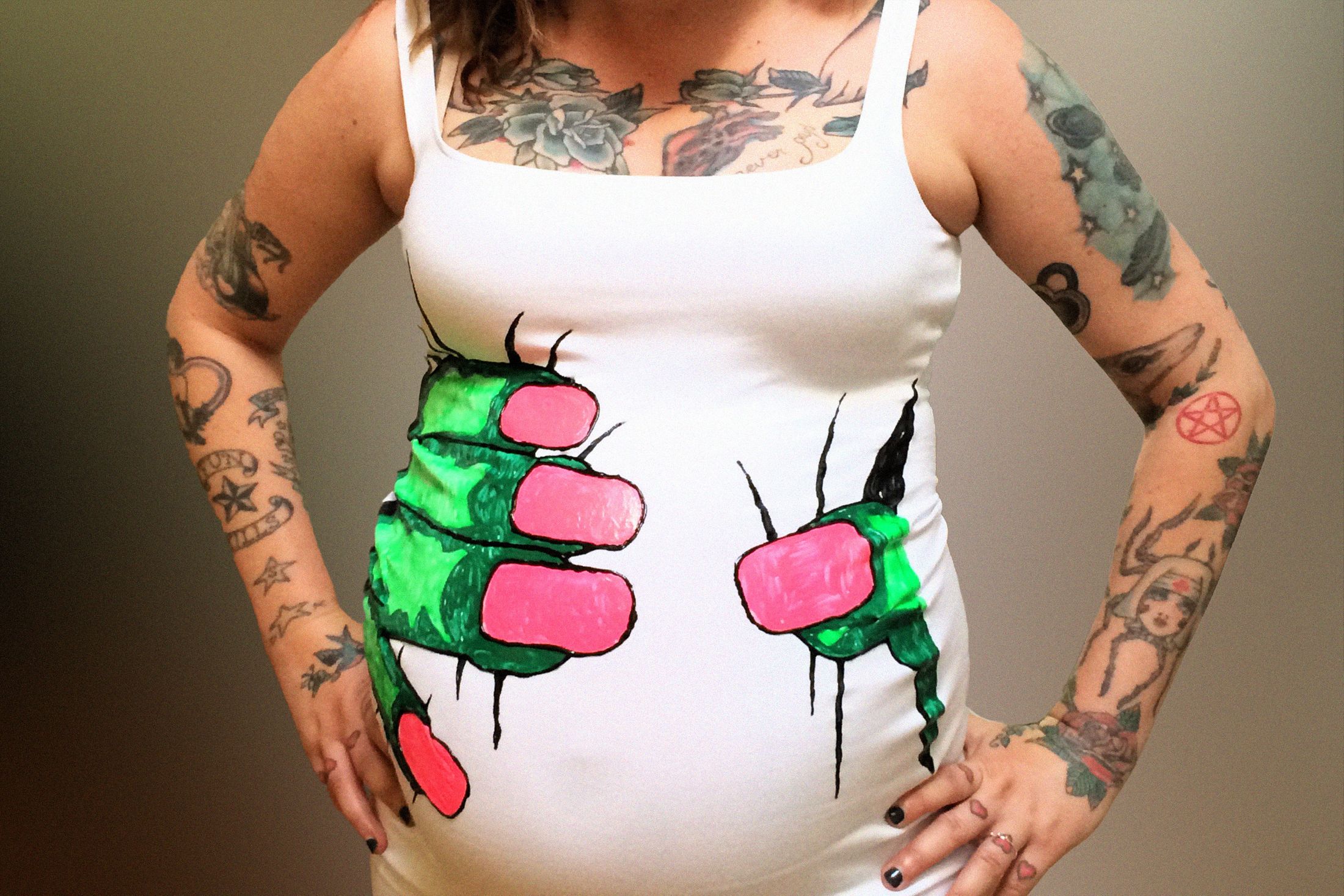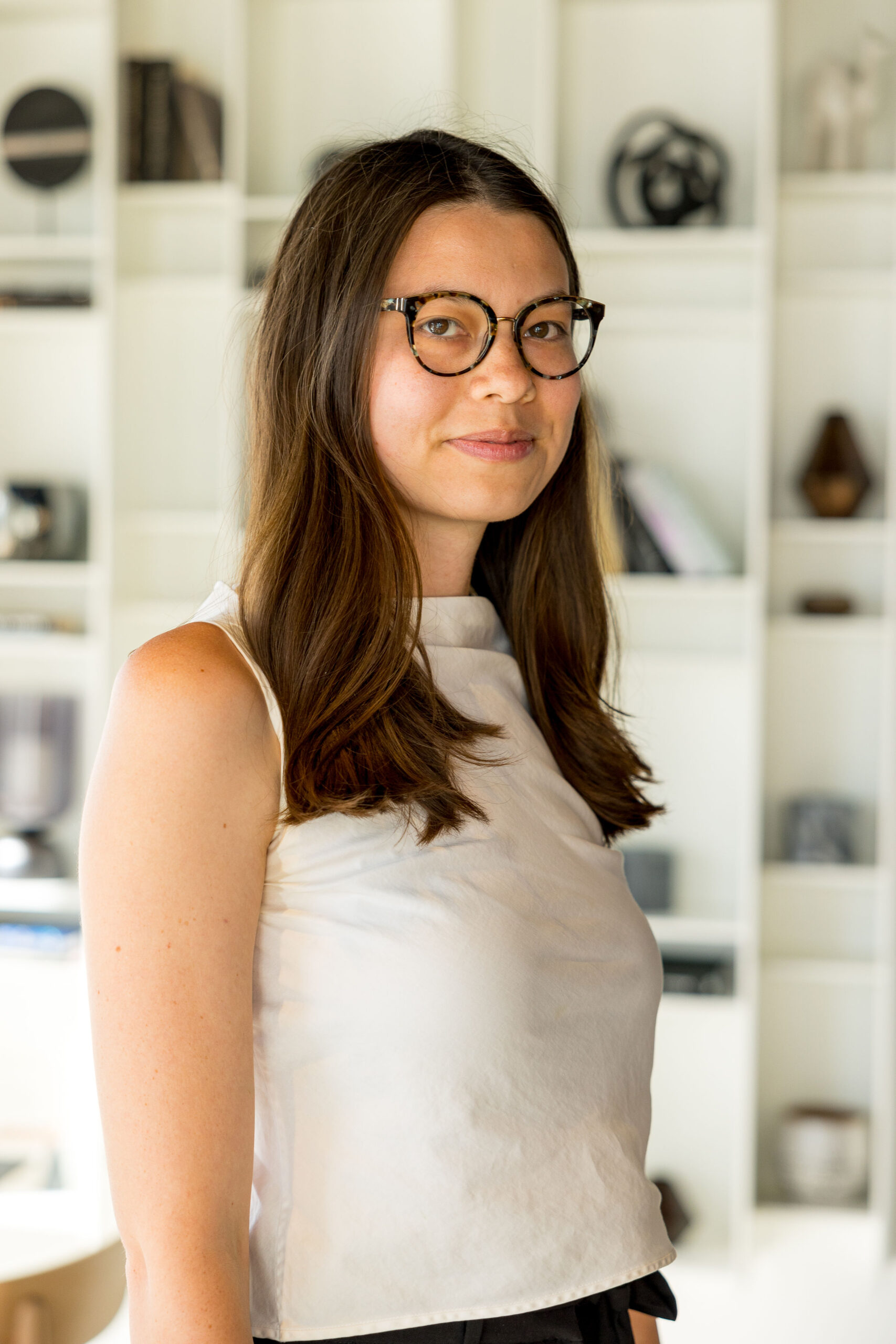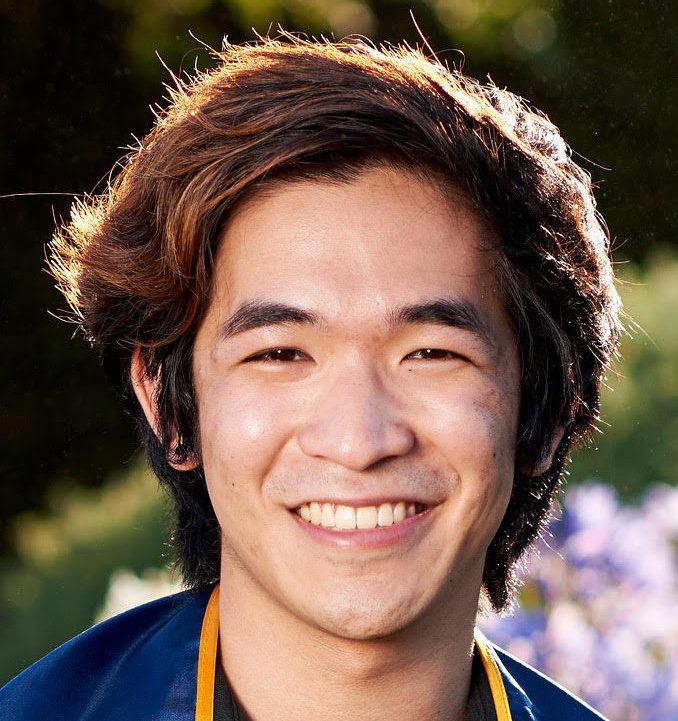The end of affirmative action will be disastrous. Just ask California.
Say it Louder
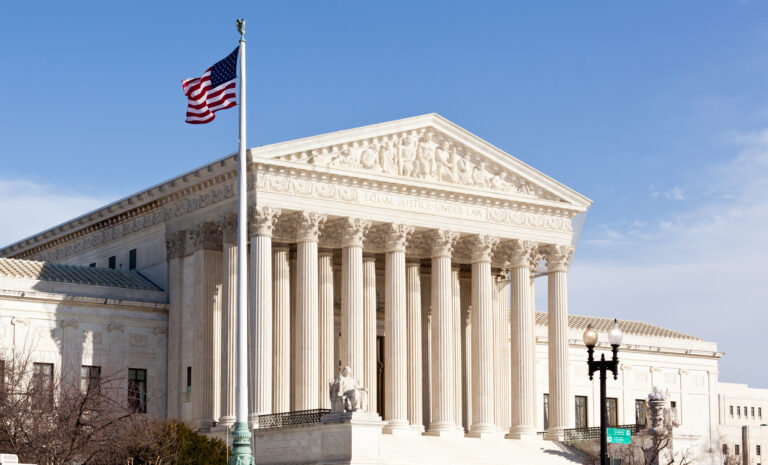
Christopher Punongbayan is the Executive Director of California ChangeLawyers and Mona Tawatao is the Legal Director of the Equal Justice Society.
Californians have learned some bitter lessons in our battle for affirmative action, and we are sounding the alarm to the US Supreme Court. Our two organizations, California ChangeLawyers and Equal Justice Society, and 23 others filed a “Friend of the Court” brief this month in support of holistic admissions processes that consider race as a factor in admissions. In the pending cases involving Harvard and the University of North Carolina, we urged the Court not to abandon 40 years of constitutional precedent permitting affirmative affirmative because of the disastrous impact it would have on diversity in higher education.
Californians already know. Nearly 30 years ago, Proposition 209 eliminated race-conscious decision making in education, employment, and public contracting, and caused tremendous individual, societal, and economic harm. For example, studies have shown devastating drops in Black and Latinx earning power and increased unemployment rates attributable to Prop 209.
An entire generation of Californians has lost out. In Prop 209’s immediate wake, the average annual enrollment rate for Black students at all four-year public universities in California plunged by 15 percent and by 10.3 percent for Latinx students.
Read the Story on Medium
How doctors and lawyers can sabotage abortion bans
More of This

In January 2003, 39 surgeons in West Virginia went on strike and successfully forced a change in state law. Within weeks, this inspired thousands of doctors in New Jersey to follow suit; they collectively refused to provide medical care, except for emergency services, in order to put pressure on state lawmakers to yield to their demands. Both of these coordinated political actions were illegal. No one was prosecuted for them.
Given that roughly 80 million Americans were uninsured and systematically excluded from medical care in a for-profit system that contributed to tens of thousands of preventable deaths each year, you might expect the striking doctors were trying to ensure healthcare for their patients. If so, you would be wrong. The doctors’ goal in both of these cases was far less principled: they simply wanted to lower the caps on their malpractice liability.
Although they were not in service of particularly noble causes, these instances of legal defiance underline the fact that while U.S. doctors have historically insisted that healthcare shouldn’t be ‘politicized,’ we have long recognized that healthcare is intrinsically political and have organized accordingly.
Read the story on Slate
SCOTUS is coming after my Queer family
Less of This

If Supreme Court justices were accountable to the people they govern, much of the Court would be freaking out right now.
A Gallup poll taken shortly before the Court overruled Roe v. Wade found that only a quarter of US adults have either a “great deal” or “quite a lot” of confidence in the Court — the lowest ever measured by Gallup. A Marquette poll, which most recently looked at public approval of the Court a few weeks after Roe was overruled, found that public approval of the Court has fallen an astonishing 28 points since Justice Amy Coney Barrett’s confirmation gave Republican appointees a 6-3 supermajority.
Shortly before Justice Ruth Bader Ginsburg’s death in September 2020 allowed former President Donald Trump to elevate Barrett, the Court’s approval rating stood at 66 percent in the Marquette poll. As of mid-July, it is at 38 percent.
Read the story on Vox
How the Federalist Society won
Speaking Of...
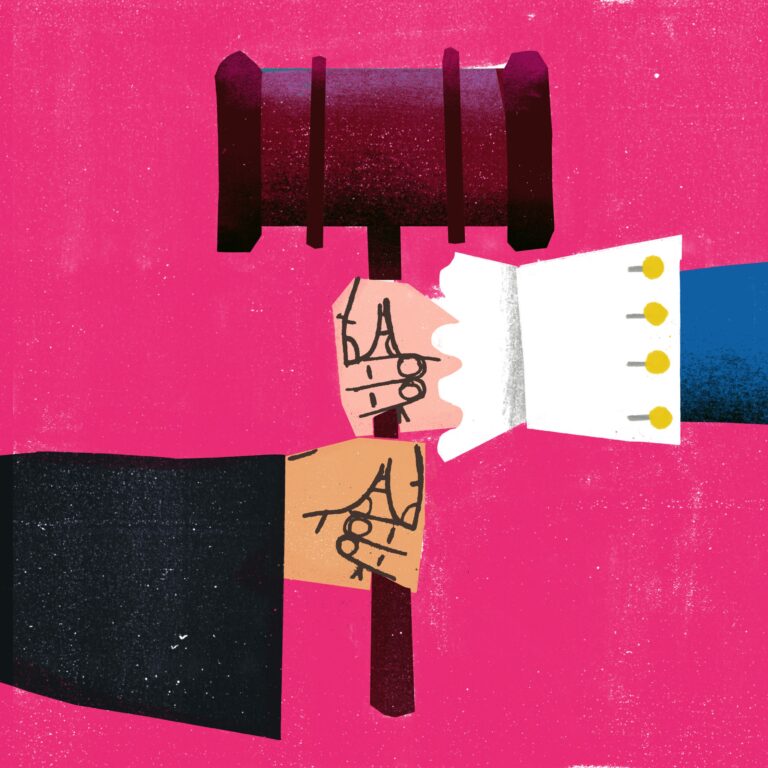
A few minutes before Roe v. Wade was overturned, Sherif Girgis sat in his office at Notre Dame Law School, desperately clicking refresh on the Supreme Court’s Web site. Girgis had been looking forward to this precise moment for months. He’d been gaming out the arguments for years, really.
Conservatives of an older generation, who suffered a Supreme Court betrayal in 1992—when a trifecta of Republican-appointed judges upheld the constitutional right to an abortion, in Planned Parenthood v. Casey—couldn’t believe that Roe would ever truly fall. But Girgis, who is thirty-six, came up in a different era. “I was in kindergarten when Casey was decided,” he said. Unlike his jaded elders, he believed that the Court would one day follow through on the simple, powerful idea that animates the conservative legal movement: that a judge’s job is not to make value judgments or to speculate about the potential consequences of his or her decisions but, rather, to decide cases by looking solely at how the Constitution was understood at the time it was written. This method of interpretation, called originalism, would inevitably lead to the end of Roe.
Girgis, a professor who specializes in philosophy and the law, embodies a young, energized, traditionalist wing of the conservative legal movement that will likely be galvanized by Dobbs v. Jackson Women’s Health Organization, the decision that overturned the constitutional right to abortion. Early in his career, Girgis clerked for Samuel Alito, the Justice who wrote the majority decision in Dobbs. He’s a rising star in the Federalist Society, a powerful network of conservatives and libertarians that has a chapter at many major law schools, as well as dozens of professional chapters across the country.
Read the story on New Yorker
Lawyers' Committee hiring 2 year fellow
Are you a newly-minted civil rights attorney looking for cutting-edge direct services and impact litigation work? If so, we invite you to consider joining our team at the Lawyers’ Committee for Civil Rights of the San Francisco Bay Area (LCCRSF).
More details here >
Next Gen Awards 2022
Save the Date
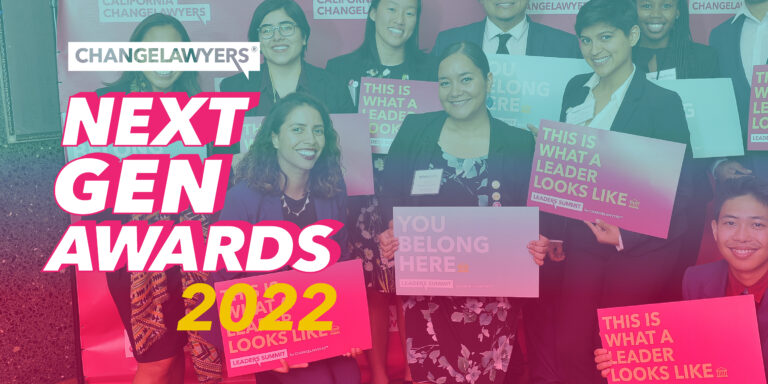
Our first in-person event in over 2 years!
More details here >




